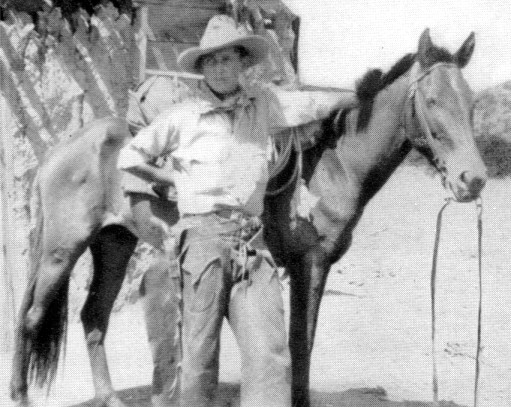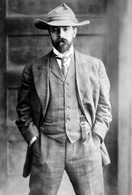As far as anthropological writing goes, that kind of verbiosity is common. Clifford Geertz whittled it down a bit further by 1966 in his work The Interpretation of Cultures: "a historically transmitted pattern of meanings embodied in symbols, a system of inherited conceptions expressed in symbolic forms by means of which men communicate, perpetuate, and develop their knowledge about and attitudes toward life . . . " Almost there.
More recently Brian Howell and Jenel WIlliams Paris have also made an attempt to define culture, this one found in their book Introducing Cultural Anthropology (2010) -- by the way, it's my textbook of choice since beginning to teach this course in the same year. In it, they define culture as "a total way of life of a group of people that is learned, adaptive, shared, and integrated." Not to be outdone, each semester I give to my students a page of these definitions and a few more for good measure. They are then challenged to arrive at a definition of their own. Feeling guilty after doing this learning activity the first time, I realized I needed to come up with a definition of my own. Since then, I have arrived at what I'll call a working definition. It's still in process, and knowing me, not all the way thought through. I have used it at the annual Cross Cultural Orientation (CCO) for World Mission, a training session for outward bound missionary candidates for the Church of the Nazarene. There I defined culture as "a shared way of life for a particular group passed on from generation to generation through a highly adaptive array of symbols, practices, behaviors, and values that enable them to create and enjoy a world in which they live from the raw materials God has provided."Basically, it's what humans think about and do wherever they find themselves. Whatever we think about a culture different than ours, it is certainly the case that we've only begun to scratch the surface. How would you define "culture"? EDIT: As I said, this is a working definition of culture. So, I've already needed to add a bit. Here is my new definition: Culture is "a shared way of life for a particular group passed on from generation to generation through a highly adaptive array of symbols, practices, behaviors, and values that enable them to create and enjoy a world in which they live from the raw materials God has provided."
0 Comments
Leave a Reply. |
Bio
teacher, writer, Archives
August 2022
Categories
All
|






 RSS Feed
RSS Feed